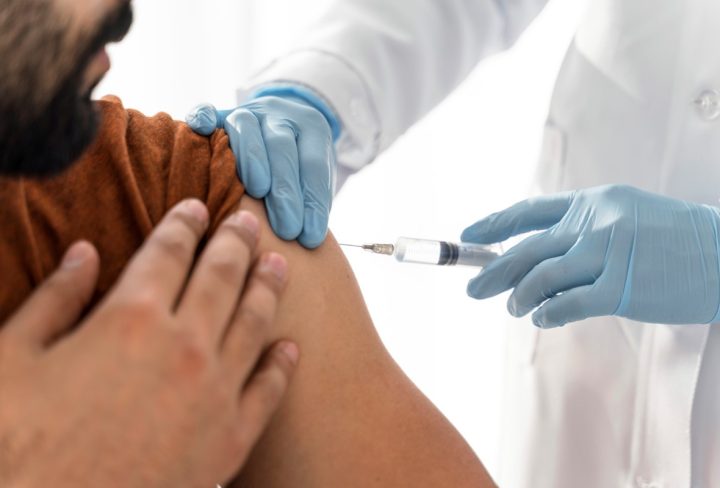Tetanus, also known as lockjaw, is a serious bacterial infection that affects the nervous system. It can cause muscle stiffness and spasms, which can be very painful and even lead to death. While tetanus is rare, it’s important to take steps to prevent it, including getting vaccinated.
Here’s why tetanus vaccination is so important, and how it works:
What is tetanus?
Tetanus is caused by the bacteria Clostridium tetani, which produces a toxin that affects the nervous system. The bacteria can enter the body through a wound or cut, and symptoms can appear within days or weeks.
Symptoms of tetanus can include:
- Muscle stiffness and spasms
- Lockjaw (the inability to open the mouth)
- Difficulty swallowing
- Sweating
- Rapid heartbeat
- Fever
In severe cases, tetanus can lead to complications such as pneumonia, heart problems, and even death.
How does tetanus vaccination work?
Tetanus vaccination is a safe and effective way to prevent tetanus. The vaccine works by introducing a small amount of the tetanus toxin into the body, which triggers an immune response. The immune system produces antibodies that can recognize and fight the tetanus toxin if it enters the body in the future.
Tetanus vaccination is usually given as part of the DTaP vaccine, which also protects against diphtheria and pertussis (whooping cough). The DTaP vaccine is recommended for children and adults, and is usually given as a series of five shots:
- The first shot is given at 2 months of age
- The second shot is given at 4 months of age
- The third shot is given at 6 months of age
- The fourth shot is given between 15 and 18 months (about 1 and a half years) of age
- The fifth shot is given between 4 and 6 years of age
After the initial series, a booster shot is recommended every 10 years to maintain protection against tetanus.
Why is tetanus vaccination important?
Tetanus is a rare disease, but it can be very serious and even deadly. The best way to prevent tetanus is to get vaccinated. Vaccination not only protects the individual who receives it, but also helps to prevent the spread of the disease to others.
Some people may be at higher risk of tetanus, including those who work in healthcare or have certain medical conditions. If you’re unsure about whether you need a tetanus vaccination, talk to your healthcare provider.
In conclusion, tetanus vaccination is an important step in preventing tetanus and its potentially serious complications. The vaccine works by triggering an immune response that can protect against the tetanus toxin. If you’re due for a tetanus booster or have never been vaccinated, talk to your healthcare provider about getting vaccinated.

